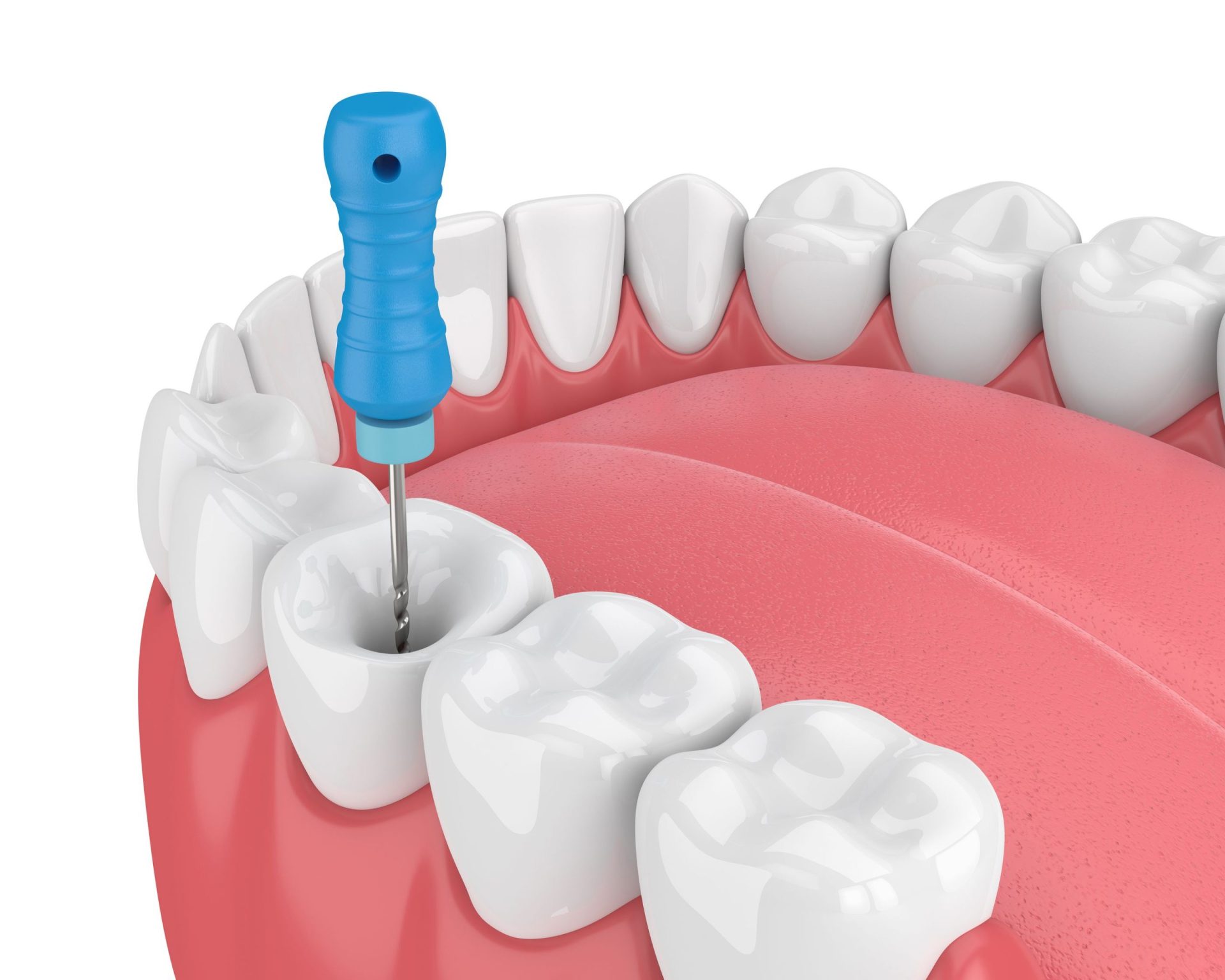
What is Endodontics?
In dentistry, Endodontics is the discipline that focuses on pulp health. Despite this, some therapies can replace a tooth that has been taken. To preserve a natural tooth, it is critical to maintain the health of the dental pulp. Serious issues might arise if the dental pulp is harmed or infected. Endodontic therapy entails removing the inflammatory or otherwise unusable pulp. It is then cleaned and disinfected after the infected or swollen pulp is removed. Filling and sealing the tooth’s inner layer follows.
About the Procedure
The enamel on the outside, the dentin in the middle, and the pulp in the centre of your tooth are all parts of your teeth. Nerves, blood vessels, and other live cells make up the dental pulp, which provides your tooth with vital nutrition. A strong dental pulp is required to maintain the rest of the tooth healthy. Damage to a tooth’s pulp can cause pain in the mouth and lead to decay and other dental issues.
Who is an endodontist?
Like any other dentist, an endodontist has years of training and experience under their belt. The number of root canal procedures performed by an endodontist is typically far higher than that of a general dentist.
In other words, an endodontist is uniquely qualified due to their extensive training and experience in the field. You can search for “best dental clinic near me” to find professional endodontists in your area.
Why do you need an Endodontist?
It is common for dentists to send their patients to endodontists to treat teeth with intricate root canal systems, such as molars or premolars. Natural appearance, ease of chewing, and regular feelings when you bite are some benefits of keeping your original tooth intact.
Endodontists can help you save your original tooth if you need it. Using the latest technology, endodontists utilise tools such as ultrasonic equipment, fibre optics, digital imaging, and microscopes. They can treat our patients quickly and comfortably due to this arrangement.
Frequently Asked Questions about Endodontics
Infections in the endodontic canal are multi-microbial, with the majority of the bacteria being anaerobic and some facultative bacteria. Periradicular inflammation results from an infected pulp being isolated from the patient’s immune system and eventually causing the tooth to become inflamed.
An endodontist is a dentist who specialises in root canal treatment. Endodontists are dental specialists who specialise in treating conditions affecting the tooth’s pulp (the inside of teeth). Dental pulp and root tissues are treated with cutting-edge procedures.
It is a distinct field of dentistry from Endodontics that deals with root canal treatment. These examples of misalignment are overbite, underbite, crossbite, open bite, incorrect midline, spacing, and crowing. These are widespread problems that affect people of all ages and should be addressed.
One of the many dental specialists, an endodontist, has specialised in treating the tooth’s internal structures, such as root canals and fillings.
Endodontics Doctors
BDS, MDS...
| Experience | : | 1 Years Experience |
|---|---|---|
| Speciality | : | Endodontics... |
| Location | : | Wanowrie |
| Timings | : | 9:00 AM to 6:30 PM... |

















































